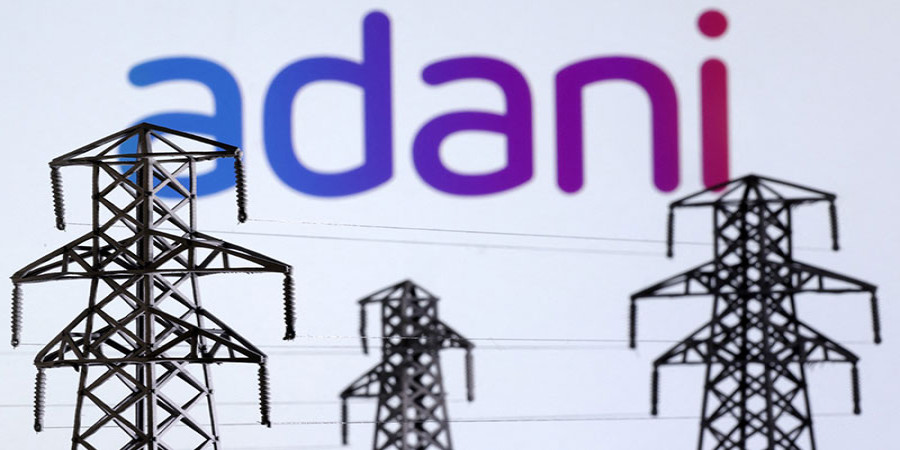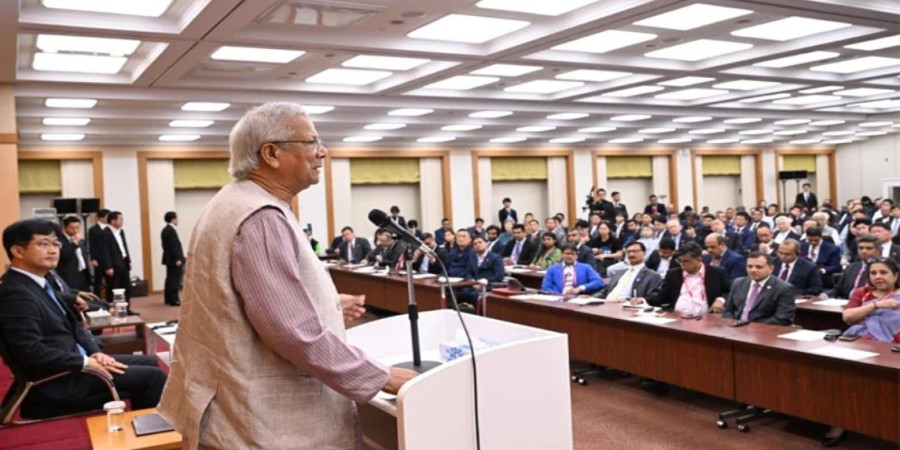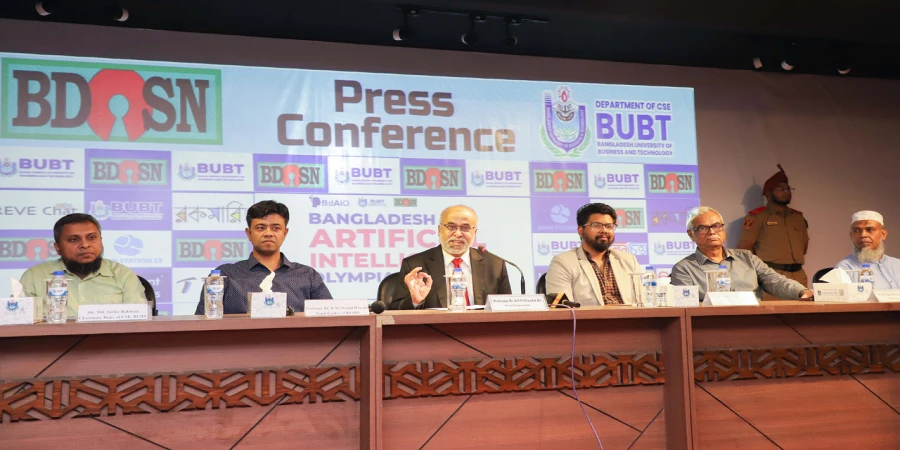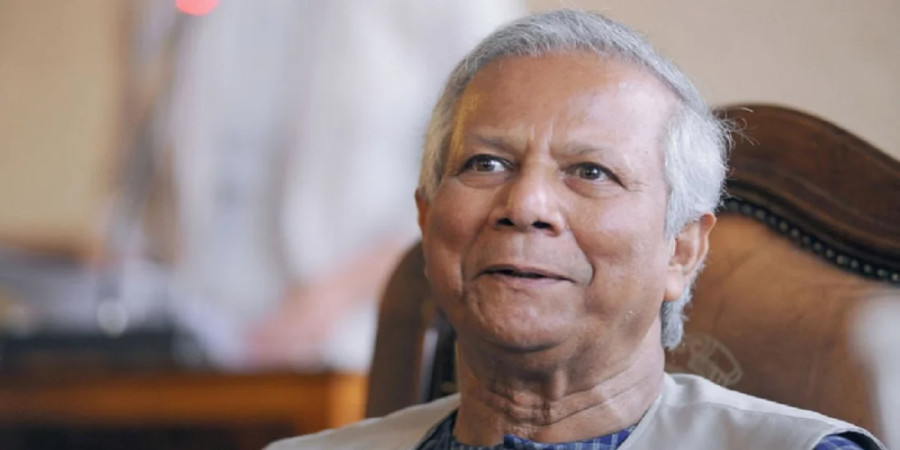
ছবি: Photo: Reuters
The Bangladeshi government has approved a $732 million payment to India’s Adani Power for electricity purchases, with the first $30 million disbursed this week through state-run Krishi Bank. Officials from the Bangladesh Power Development Board (BPDB) aim to expedite monthly payments exceeding $100 million, surpassing the pace of previous payments under the Awami League government.
Controversial Power Purchase Deal Under Scrutiny
Adani Power’s electricity purchase agreement with BPDB has faced criticism from energy experts, who deem the contract unfavorable due to high fuel and electricity costs. Payment delays had earlier prompted Adani Power to reduce power supply, escalating tensions. The interim government, which assumed office in August, had initiated a review of inequitable power agreements, including Adani’s. However, recent moves to settle outstanding dues have raised fresh debates.
BPDB sources revealed that during the Awami League era, Adani Power received $20-25 million monthly for electricity. With $30 million already paid this week, officials aim to clear dues gradually while maintaining current supply payments. Bangladesh Bank has also guaranteed payment for power purchases from March 2023 through October 2025, though the process depends on dollar availability.
Financial Strain and Economic Challenges
The BPDB, already burdened with $4.5 billion in debts, faces difficulties in funding both power procurement and fuel supply. Adani Power alone accounts for a significant portion of these arrears. To ease payments, the government has directed Krishi Bank, which has lower dollar shortages, to manage the process.
BPDB Chairman Eng. Md. Rezaul Karim emphasized that while full payment of Adani’s dues is unlikely in the short term due to financial constraints, efforts are ongoing to increase monthly disbursements. Addressing questions about domestic power plant arrears, he confirmed that the Ministry of Finance’s subsidy disbursement would enable gradual repayments.
Call for a Shift in Power Policies
Energy experts argue that the government should prioritize local power plants over Adani's expensive imports. Prof. Dr. Shamsul Alam criticized the Adani contract as unequal and suggested reallocating funds toward ensuring fuel supplies for domestic coal-based plants, which could yield better long-term results.
Adani currently supplies 10% of Bangladesh’s electricity demand, primarily to the northern region. Critics believe this reliance could be reduced if domestic coal plants operated at full capacity.
Legal and Regulatory Developments
Adani’s agreement with BPDB has also attracted legal and regulatory scrutiny. The National Board of Revenue (NBR) has accused Adani of evading $400 million in import duties and taxes for its power operations. A High Court petition was filed recently to nullify all power purchase agreements with Adani, citing national interest concerns.
The National Review Committee, tasked with evaluating power purchase agreements, has identified problematic clauses in several contracts, including Adani's. However, the committee’s scope excludes reviewing overdue payments.
Despite the government’s push to clear dues, experts and stakeholders call for renegotiating or canceling the Adani contract to protect Bangladesh’s economic interests and reduce reliance on expensive imports.
repoter






